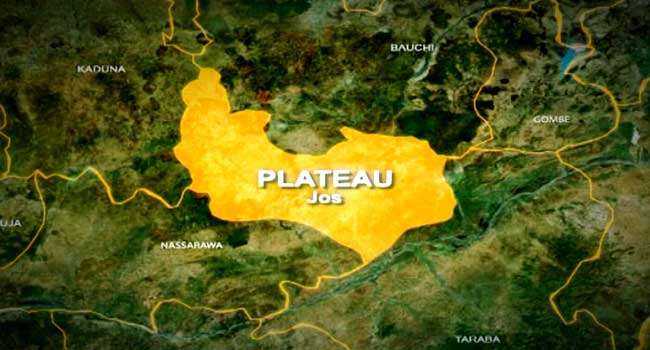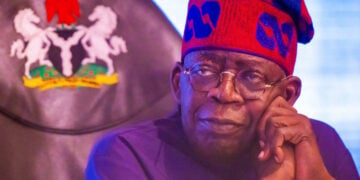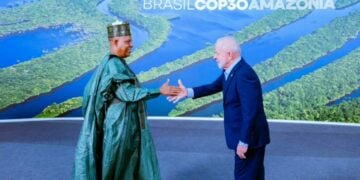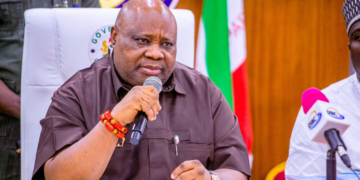Plateau State MultiDoor Courthouse (PMDC) and the Tattaaunawa Roundtable Initiative (TRICentre), with support from the Government of Sweden through the Norwegian Refugee Council (NRC), has held a two-day capacity-building workshop on Collaborative and Alternative Dispute Resolution (CDR/ADR).
LEADERSHIP Friday reports that the programme was held under the project “Improving Access to Women’s Housing, Land and Property (HLP) Rights through Legislative Actions and Strengthening Institutional Capacity in Plateau State.”
It brought together selected group of government and stakeholders from the Plateau State Gender and Equal Opportunities Commission, the Ministry of Lands, Survey and Town Planning, the Ministry of Women Affairs, and the Plateau Peacebuilding Agency.
In her key note address, the Chairperson of the PMDC, Hon. Justice Nafisah Lawal, underscored the centrality of ADR in unclogging the courts, preserving relationships, and promoting community stability.
She highlighted the importance of equipping traditional leaders with knowledge and skills that complement indigenous justice with modern ADR principles adding that ADR is not just an alternative to litigation, but a transformative tool for building trust, mending broken relationships, and fostering a culture of dialogue rather than confrontation.
Meanwhile, the project officer of NRC and ICLA Jill Freeson in his remarks, encouraged participants to explore ways the training could be of immense benefit to the people of Plateau State, stressing that when government actors adopt ADR approaches, they not only resolve disputes more quickly but also foster an atmosphere where communities can resolve conflicts before they escalate.
On his part, Dr. Charles Dickson, the facilitator and seasoned peace practitioner, charged participants to fully engage in the sessions with the aim of taking actionable knowledge back to their communities.
“This is more than training,” he remarked, “it’s a call to become peace architects in their domains.”
According to him, the workshop represents a significant milestone in the collaboration between civil society, government institutions, and traditional structures toward fostering a more accessible, restorative, and culturally resonant justice system in Plateau State and beyond
Participants in the three-day event also engaged in an immersive blend of theory, cultural reflection, and practical exercises, gaining critical skills to address disputes efficiently, fairly, and in ways that respect the cultural and social fabrics of their communities.
In the same vein, the chairman, Plateau Peace Practitioners Network, PPPN, Bali Namank in his goodwill message urged the traditional leaders to maximise the learning opportunity by deepening their understanding of local justice practices and their alignment with modern dispute resolution tools.





